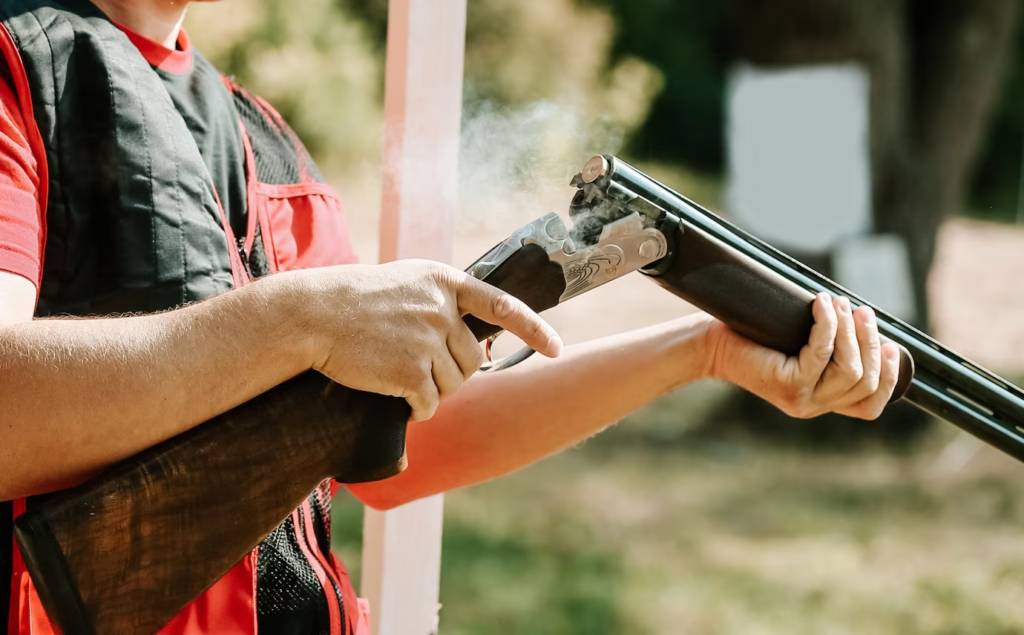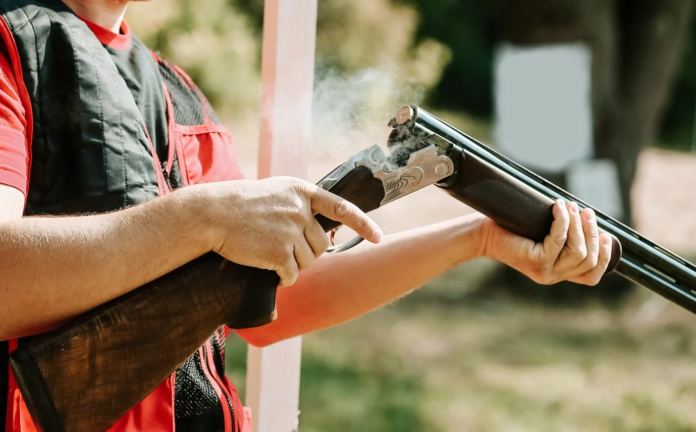
Introduction
Hunting is a popular outdoor activity enjoyed by many people around the world. However, it is important to understand the legal requirements when selecting a firearm for hunting. Failure to comply with local and federal laws can result in serious consequences, including fines and even imprisonment. In this article, we will discuss the importance of understanding legal requirements when selecting a firearm for hunting.
Understanding Local and Federal Laws
There are different laws and regulations that govern hunting with firearms, depending on the location and type of game being hunted. It is important to research and understand these laws before selecting a firearm. For example, some states have specific regulations regarding the caliber of firearms that can be used for certain types of game. Additionally, there may be restrictions on the type of ammunition that can be used.
Federal laws also regulate the sale and possession of firearms. The National Firearms Act (NFA) regulates the sale and possession of certain types of firearms, including machine guns, short-barreled rifles, and silencers. The Gun Control Act (GCA) regulates the sale and possession of firearms by individuals who are prohibited from owning them, such as convicted felons.
Choosing the Right Firearm for Hunting
When selecting a firearm for hunting, there are several factors to consider. The type of game being hunted is an important consideration, as different types of game require different types of firearms. For example, a small game like rabbits or squirrels may require a .22 caliber rifle, while larger game like deer or elk may require a larger caliber rifle.
The hunter’s skill level is also an important consideration when selecting a firearm. A beginner hunter may want to start with a smaller caliber rifle or shotgun until they become more experienced. Additionally, some hunters may prefer a specific type of firearm based on personal preference or past experience.
Obtaining a Firearm License
Before purchasing a firearm for hunting, it is important to obtain a firearm license. The process for obtaining a license varies depending on the location, but typically involves completing a background check and completing a firearms safety course. It is important to obtain a license before purchasing a firearm to ensure that the individual is legally allowed to possess and use a firearm.
Familiarizing Yourself with Firearm Safety
Proper firearm safety is essential for safe and responsible hunting. Basic firearm safety rules include always treating a firearm as if it is loaded, keeping the muzzle pointed in a safe direction, and keeping your finger off the trigger until ready to shoot. Additionally, it is important to properly store firearms when not in use to prevent accidents and theft.
Purchasing the Right Ammunition
Selecting the right ammunition for hunting is also an important consideration. Factors to consider include the type of game being hunted, the distance of the shot, and the desired effect on the game. Different types of ammunition are designed for different purposes, such as expanding bullets for larger game or birdshot for small game.
Storing Firearms Safely
Proper storage of firearms is essential for preventing accidents and theft. Firearms should be stored in a locked cabinet or safe when not in use, with ammunition stored separately. Additionally, firearms should be unloaded before storing and should never be left unattended.
Understanding the Regulations for Hunting with Firearms
Hunting regulations specific to firearms vary depending on the location and type of game being hunted. It is important to follow these regulations to ensure safe and legal hunting practices. For example, some states may require hunters to wear blaze orange clothing during certain hunting seasons or restrict hunting in certain areas.
Conclusion
In conclusion, understanding legal requirements when selecting a firearm for hunting is essential for safe and responsible hunting practices. It is important to research and understand local and federal laws, choose the right firearm based on game type and skill level, obtain a firearm license, familiarize yourself with firearm safety, purchase the right ammunition, store firearms safely, and follow hunting regulations specific to firearms. By following these guidelines, hunters can enjoy a safe and enjoyable hunting experience.


